Should Ukraine be admitted to NATO?
With this week's Vilnius summit, Ukraine's possible accession to the military alliance is more than a little top of mind

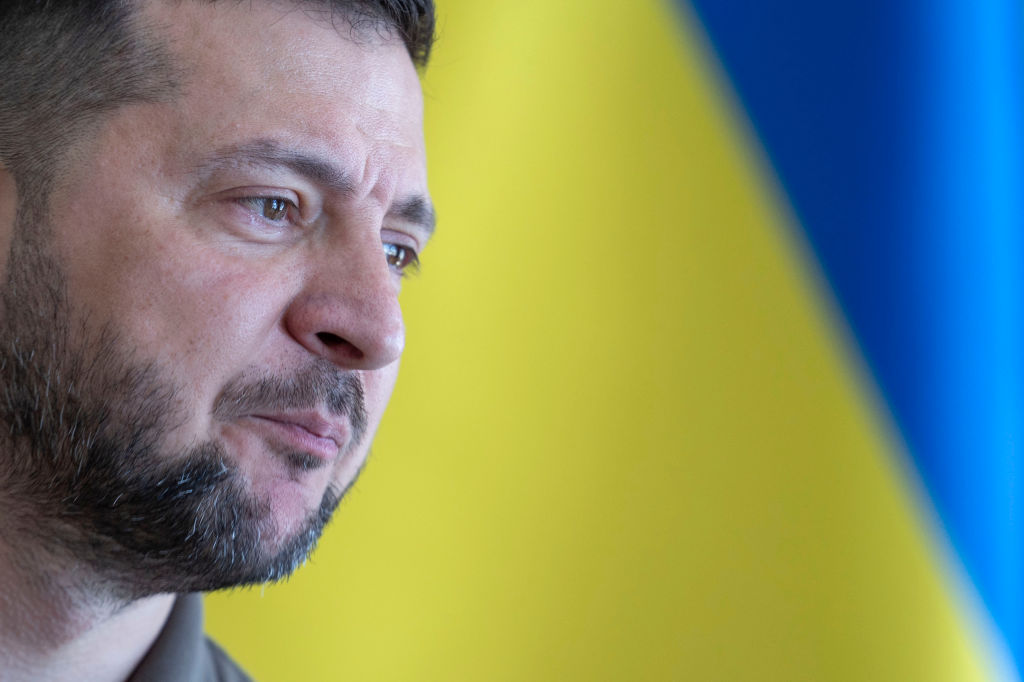
A free daily email with the biggest news stories of the day – and the best features from TheWeek.com
You are now subscribed
Your newsletter sign-up was successful
As NATO prepares for a much-anticipated summit in Vilnius, Lithuania, one all-important question looms large: Should the besieged Ukraine be welcomed in to its ranks? For years, Kyiv has begged NATO's member nations for admission, especially as neighboring Moscow invaded and tore up nearby regions like Georgia and Crimea. But now, in the wake of Russian President Vladimir Putin's unjust invasion of Ukraine that began on February 2022, unilateral NATO protection is looking all the more valuable, and timely, to a nation unfamiliar with Kremlin aggression.
That said, whether or not to admit its Ukrainian counterparts has proven a much more difficult question for NATO to answer, even if Kyiv is assuaged now with a concrete road map for accession down the line. Before extending an invite, whether formal or implied, diplomats must first consider the issue of Article 5, which ensures that an attack on one alliance member is considered an attack on all, as well as not-unfounded fears of another world war and the enduring geopolitical and societal ramifications of angering Putin. On the other hand, however, NATO must weigh the moral and ethical dilemma of leaving unjust aggression unchecked and the kind of message it sends when the good guys fail to stand up to the bad.
Holding off
A promise to admit Ukraine would "scratch the itch of teaching Russia a lesson," but it would "do nothing to end the war or shorten its duration," Daniel DePetris, a fellow at Defense Priorities, wrote for Newsweek. Putin would "continue to pour men and resources into the conflict" rather than see it end in a Russian loss, and "any semblance of a diplomatic settlement" would "evaporate."
The Week
Escape your echo chamber. Get the facts behind the news, plus analysis from multiple perspectives.

Sign up for The Week's Free Newsletters
From our morning news briefing to a weekly Good News Newsletter, get the best of The Week delivered directly to your inbox.
From our morning news briefing to a weekly Good News Newsletter, get the best of The Week delivered directly to your inbox.
And while it's true that Article 5 does not mandate a specific response from member nations in the event of an attack — meaning many current members "could say they are complying" with the provision by doing what they are currently doing and supplying Ukraine with weapons, among other initiatives — "there has always been an implicit assumption that an armed attack on a NATO member would result in military action by other NATO members," said The Washington Post columnist Max Boot. If that weren't the case, "it would risk watering down Article 5 and reducing the overall effectiveness of the NATO alliance." As a practical alternative, the European Union should "take the lead in offering Ukraine a road map to membership" to its own collective, while the U.S. should pledge continued and significant military support to Kyiv going forward, as it does for both Taiwan and Israel.
Inviting Ukraine now or "formalizing the inevitability of its membership" also "ignores the fact that the country is arguably not ready" for admission from a political standpoint, John Deni, a nonresident senior fellow at the Atlantic Council, wrote for Foreign Policy in May. It's likely Kyiv can eventually change that but "probably not until after the war ends and then contingent upon a broader consensus across Ukrainian society."
Opening the door
To leave Ukraine outside NATO is nothing more than an "invitation" to renewed Russian aggression in the future, Marc A. Thiessen and Stephen Biegun argued for the Post, noting they nonetheless believe official accession should occur after a cease-fire is reached. Putin has never attacked a NATO country, and the sooner he realizes that Ukraine "belongs in the West," a reality NATO membership will help cement, "the sooner he will be forced to accept that he has lost his war." Such a security guarantee would also help Ukrainian President Volodymyr Zelenskyy sell a "cease-fire or armistice to his citizens," especially if his forces fail to eradicate Kremlin troops completely.
Moreover, leaving Ukraine on the sidelines of the alliance would serve as a "serious military blunder," Jeff Jacoby surmised in The Boston Globe. "When it comes to the essential purpose for which NATO was created — deterring, confronting and defeating Russia in battle — Ukraine today has more experience than any other nation." That makes it an "unparalleled asset" and one NATO "can no longer afford to deny itself."
A free daily email with the biggest news stories of the day – and the best features from TheWeek.com
Eventually, when peace ultimately does emerge, said Randy Scheunemann and Evelyn Farkas, opinion contributors for The Hill, would we like to see a "Ukraine left to itself" and "vulnerable to Russian attack?" Or rather a Ukraine folded into NATO and "solidly behind the one red line Putin and future Russian leaders will dare not cross?" It's a stark choice and one that has convinced skeptics like Henry Kissinger that "NATO membership for Ukraine is the wisest choice."
Brigid Kennedy worked at The Week from 2021 to 2023 as a staff writer, junior editor and then story editor, with an interest in U.S. politics, the economy and the music industry.
-
 Political cartoons for February 21
Political cartoons for February 21Cartoons Saturday’s political cartoons include consequences, secrets, and more
-
 Crisis in Cuba: a ‘golden opportunity’ for Washington?
Crisis in Cuba: a ‘golden opportunity’ for Washington?Talking Point The Trump administration is applying the pressure, and with Latin America swinging to the right, Havana is becoming more ‘politically isolated’
-
 5 thoroughly redacted cartoons about Pam Bondi protecting predators
5 thoroughly redacted cartoons about Pam Bondi protecting predatorsCartoons Artists take on the real victim, types of protection, and more
-
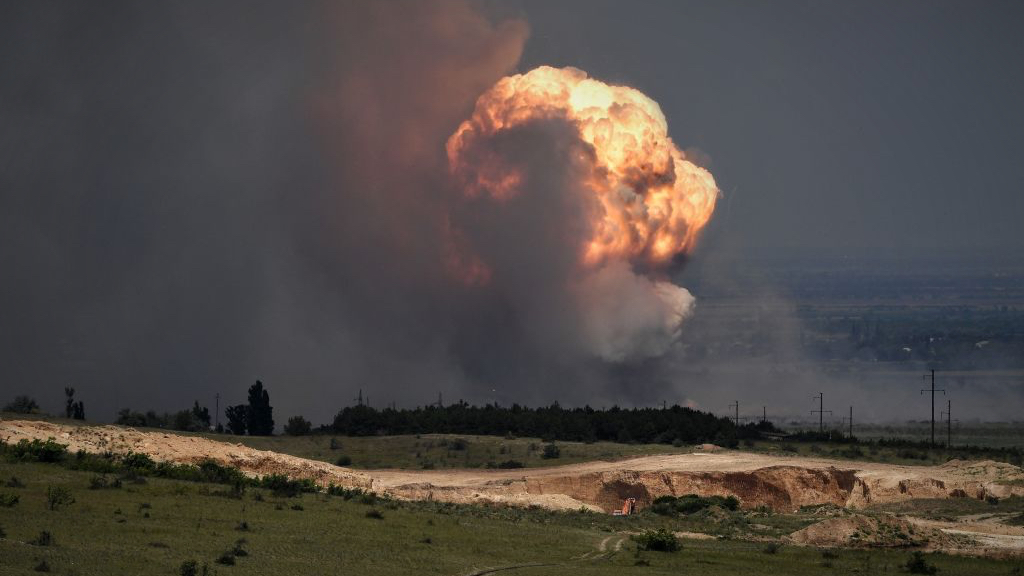 Russia's Crimea fleet shipyard on fire after Ukrainian missile strike
Russia's Crimea fleet shipyard on fire after Ukrainian missile strikePhotos and videos showed huge explosions and raging fires at the Sevastopol Shipyard
-
 Luton Airport bendy buses join Ukraine war effort
Luton Airport bendy buses join Ukraine war effortfeature And other stories from the stranger side of life
-
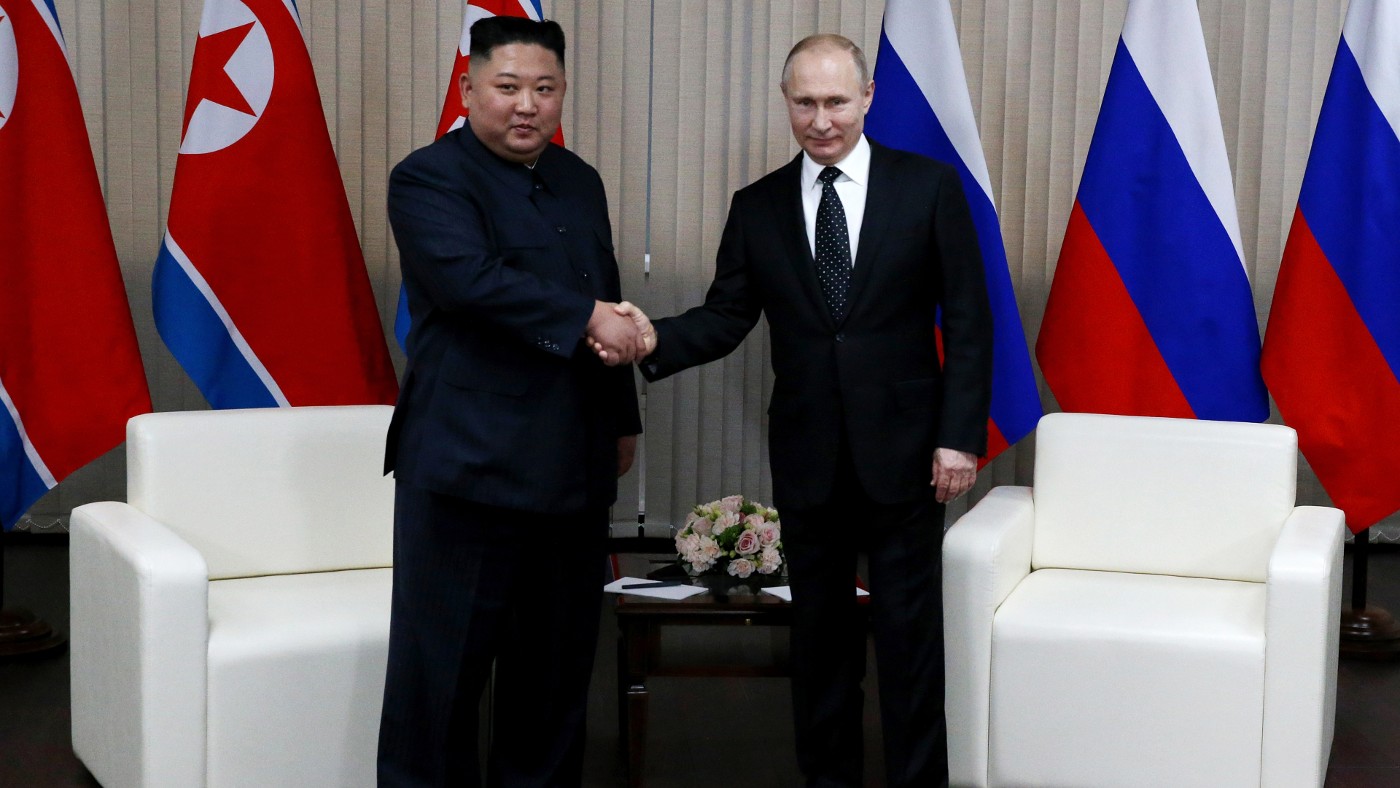 Would North Korean weapons tilt the war Russia’s way?
Would North Korean weapons tilt the war Russia’s way?Today's Big Question Putin wants to boost ‘depleted stocks’ but Pyongyang’s arms may be in poor condition
-
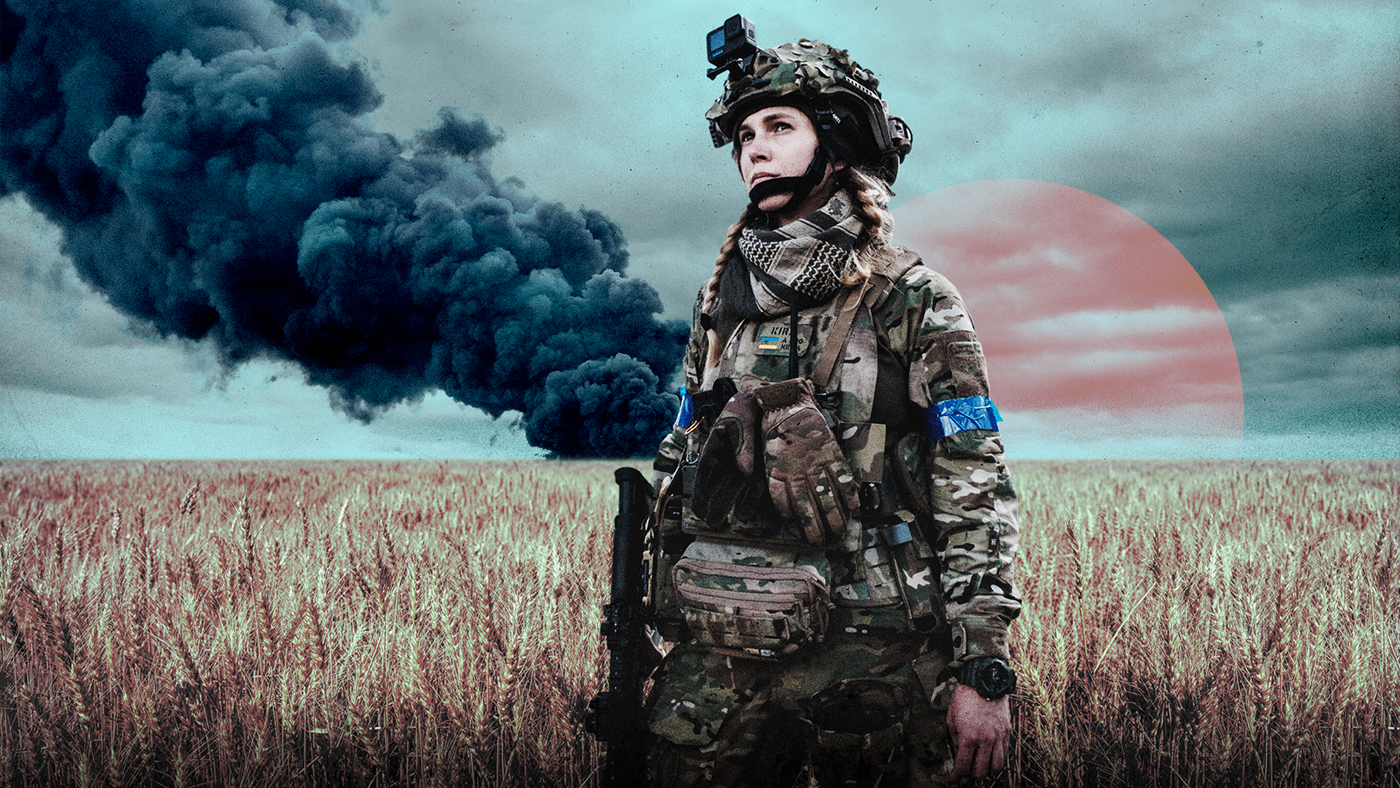 Has Ukraine's counteroffensive become a 'war of attrition?'
Has Ukraine's counteroffensive become a 'war of attrition?'Today's Big Question An expected thrust has turned into a slog
-
 Saudi Arabia to host Russia-less Ukraine peace talks, Kyiv confirms, as Moscow hit by more drones
Saudi Arabia to host Russia-less Ukraine peace talks, Kyiv confirms, as Moscow hit by more dronesSpeed Read
-
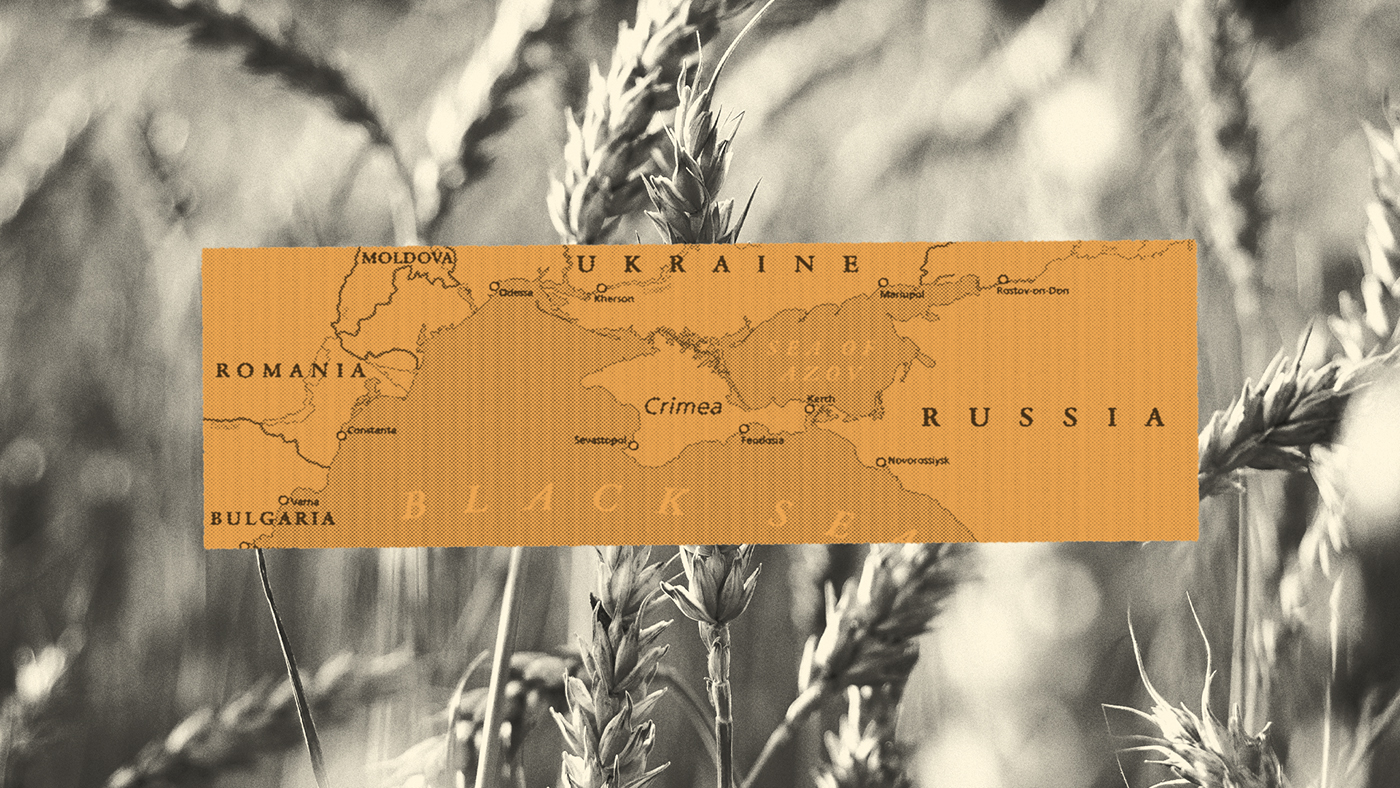 Can the Ukraine-Russia Black Sea grain deal be rescued?
Can the Ukraine-Russia Black Sea grain deal be rescued?Today's Big Question The Kremlin’s termination of agreement has sparked fears among food-insecure countries
-
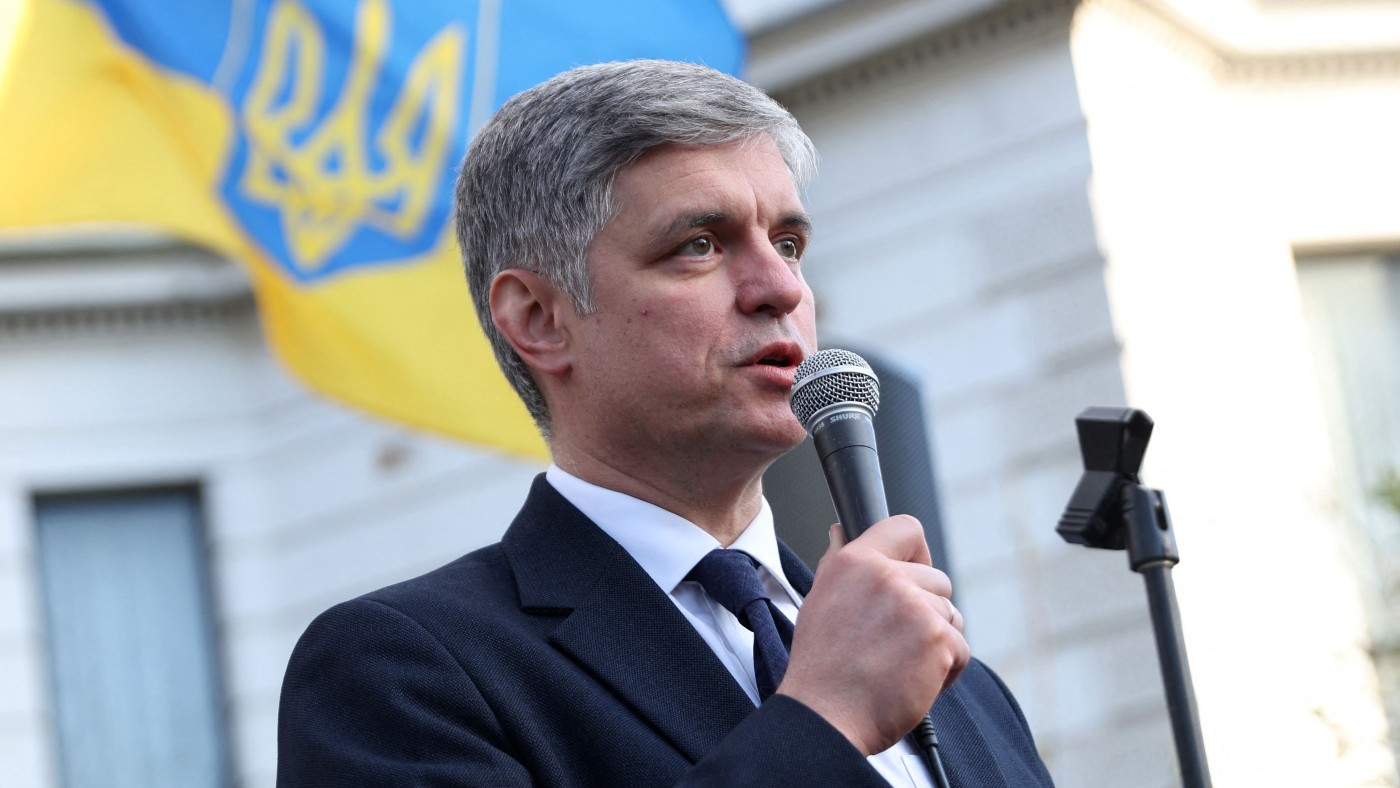 Zelenskyy sacks Ukraine ambassador to UK after sarcasm row
Zelenskyy sacks Ukraine ambassador to UK after sarcasm rowSpeed Read Vadym Prystaiko accused his boss of an ‘unhealthy sarcasm’ in response to British defence secretary Ben Wallace
-
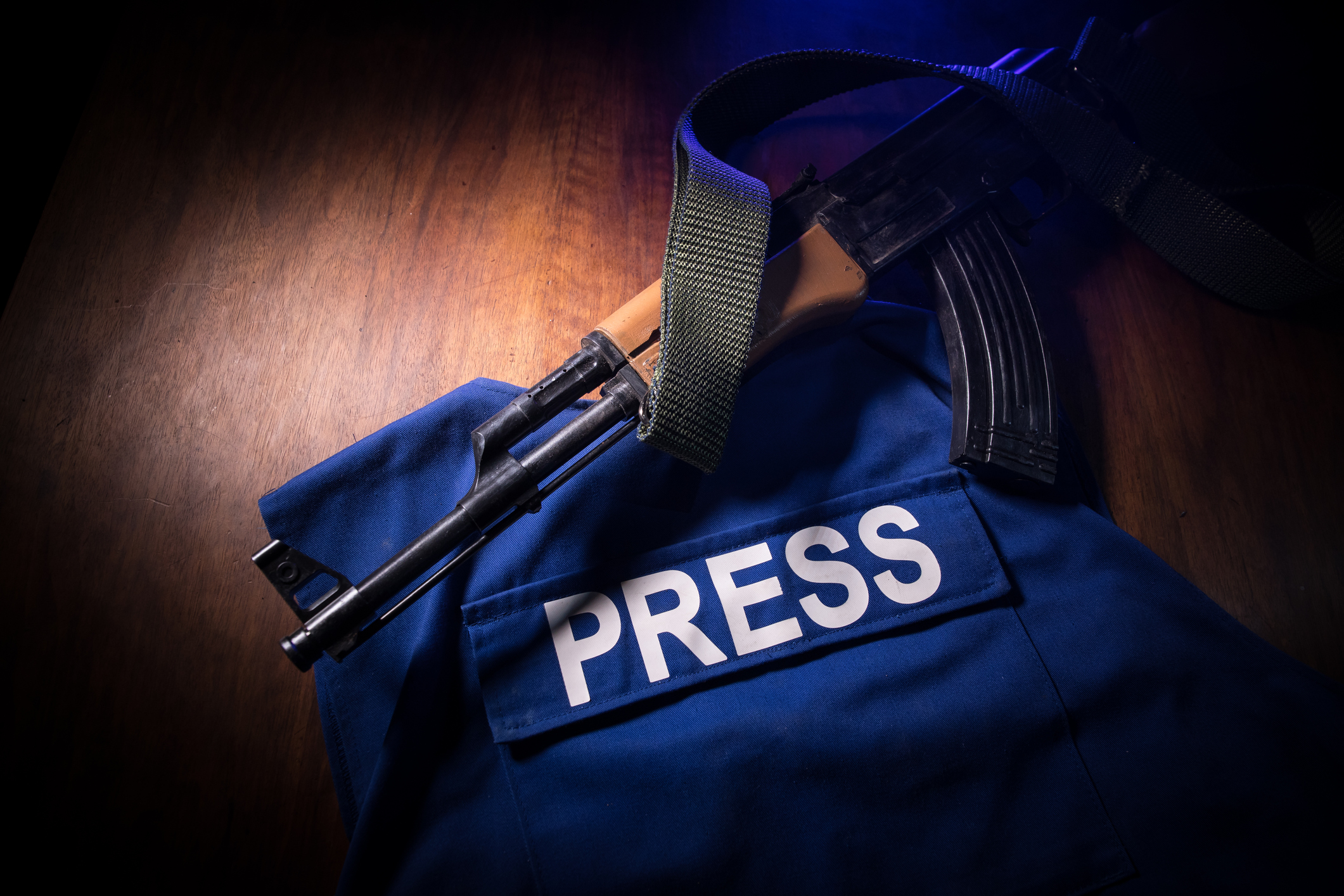 Why journalist deaths continue to rise around the world
Why journalist deaths continue to rise around the worldUnder the Radar Journalist deaths rose sharply in 2022 and don't appear to be slowing down this year
